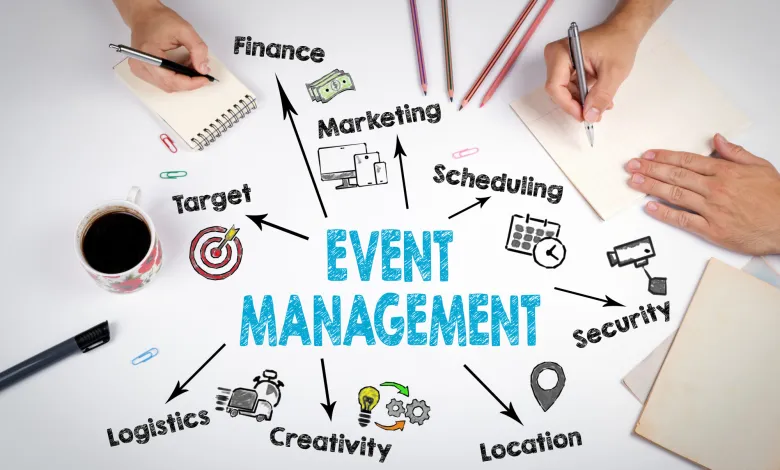
Crisis Management in Event Planning: Strategies for Mitigating Risks and Ensuring Event Resilience
Event planning is a complex and dynamic process that requires meticulous attention to detail and effective management of various stakeholders. However, despite careful planning and preparation, events can encounter unexpected challenges and crises that can disrupt the entire experience. In such situations, the ability to effectively handle crises and mitigate risks is paramount. In this blog post, we will explore the importance of crisis management in event planning and provide strategies and best practices for event management services to mitigate risks and ensure event resilience.
Conduct Comprehensive Risk Assessment: The first step in effective crisis management is conducting a thorough risk assessment. Event managers should identify and analyze potential risks and vulnerabilities that may arise before, during, and after the event. This includes assessing factors such as weather conditions, technical infrastructure, safety and security concerns, and regulatory compliance. By identifying potential risks early on, event managers can proactively develop strategies to mitigate those risks and establish contingency plans.
Develop a Comprehensive Contingency Plan: A comprehensive contingency plan is essential for handling unexpected situations during an event. Event managers should develop a detailed plan that outlines specific steps and protocols to be followed in the event of a crisis. This plan should include communication protocols, emergency response procedures, and clear roles and responsibilities for all members of the event management team. By having a well-defined contingency plan in place, event managers can minimize confusion, ensure a swift response, and effectively manage crises as they arise.
Establish Effective Communication Channels: Clear and effective communication is critical during a crisis. Event managers should establish communication channels that enable efficient and timely information sharing among team members, stakeholders, and attendees. This can include setting up dedicated communication channels such as a crisis management hotline, email distribution lists, and real-time messaging platforms. It is essential to ensure that all relevant parties are informed promptly and kept updated throughout the crisis. Transparent and consistent communication helps to manage expectations, provide reassurance, and maintain trust with all stakeholders.
Coordinate with Key Stakeholders: Collaboration and coordination with key stakeholders are crucial in crisis management. Event managers should establish strong relationships with relevant authorities, vendors, suppliers, and venue management. Regular communication and collaboration with these stakeholders ensure a cohesive response during a crisis. By working together, event managers can leverage the expertise and resources of their partners to resolve issues efficiently and effectively.
Implement Safety and Security Measures: Safety and security should always be a top priority in event planning. Event managers should implement robust safety and security measures to mitigate risks and protect attendees, staff, and assets. This includes working closely with security personnel, ensuring proper access control, conducting thorough background checks for staff and contractors, and implementing emergency response procedures. Event managers should also consider providing first aid stations, medical personnel, and security personnel trained in crisis response to address any emergencies that may arise.
Conduct Rehearsals and Scenario-Based Training: Practice and preparedness are key elements of effective crisis management. Event managers should conduct rehearsals and scenario-based training sessions to simulate potential crisis situations. This allows the event management team to identify gaps in the contingency plan, evaluate response times, and fine-tune procedures. Regular training and rehearsals build confidence and ensure that the team is prepared to handle crises effectively when they occur.
Monitor and Adapt in Real-Time: Crisis situations can evolve rapidly, and event managers must monitor the situation in real-time and adapt their response strategies accordingly. This involves maintaining constant situational awareness, monitoring weather conditions, staying updated on security threats, and staying in touch with local authorities. By continuously monitoring the situation, event managers can make informed decisions and implement necessary adjustments to ensure the safety and well-being of attendees and staff.
Learn from Post-Crisis Evaluation: Following a crisis, event managers should conduct a thorough post-crisis evaluation to assess the effectiveness of their crisis management strategies. This involves analyzing the response, identifying strengths and weaknesses, and implementing improvements for future events. Learning from past experiences helps event managers enhance their crisis management capabilities and build resilience for future events.
